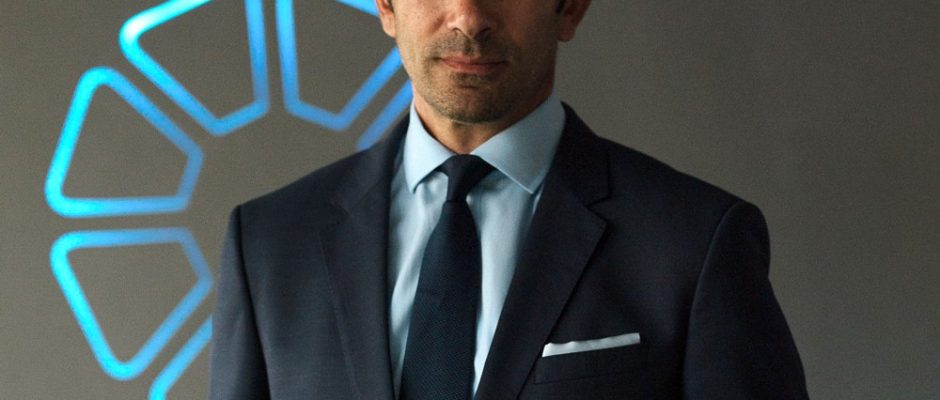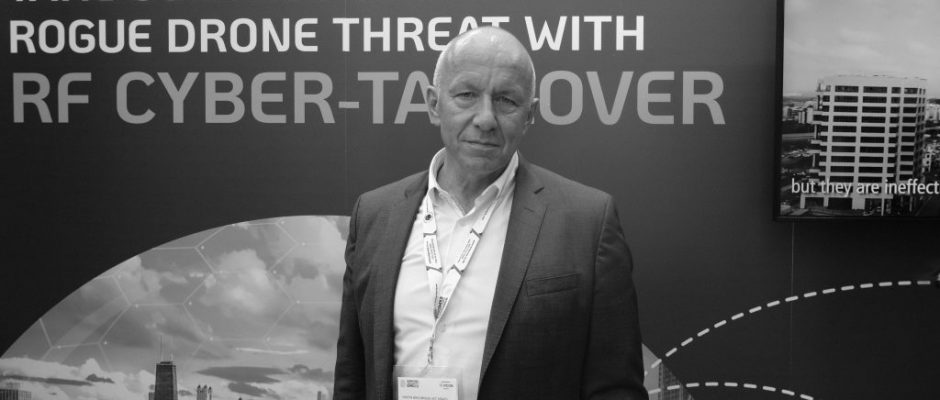Only a Global Force Can Combat Cybercrime
George Patsis is the founder and CEO of Obrela and has a proven track record in developing large-scale innovative security programs for major Global 500 companies. In an exclusive interview with Cyber Intelligence, he explains why a global approach is needed to fight cybercrime.
This is a philosophical discussion shaped by the evolving changes in the human and society conditions. Ten years ago, digital communications and laptops were supplementary tools in people’s lives and perceived as an extension of our natural world. Today, we are witnessing the evolution of a full-scale digital transformation leading to an entirely new domain: cyberspace. Much like the air travel leading to partitioning of the skies, or the British Empire’s domination of the seas or the space quest. Whenever humankind discovers new domains and frontiers, the absence of clear leadership and authority often leads to conflict and crime. In the American Old West, every town had its own safe, and criminals tried to rob it. In the same way, the new digital frontier of cyberspace is driving demand for companies like OBRELA to protect their digital assets. But we need more than just individual Cybersecurity companies to protect us across the new threats in cyberspace. In the absence of a central cybersecurity authority, cybercriminals operate with near impunity—facing little resistance, no clear attribution, and a remarkably low risk of consequences.


